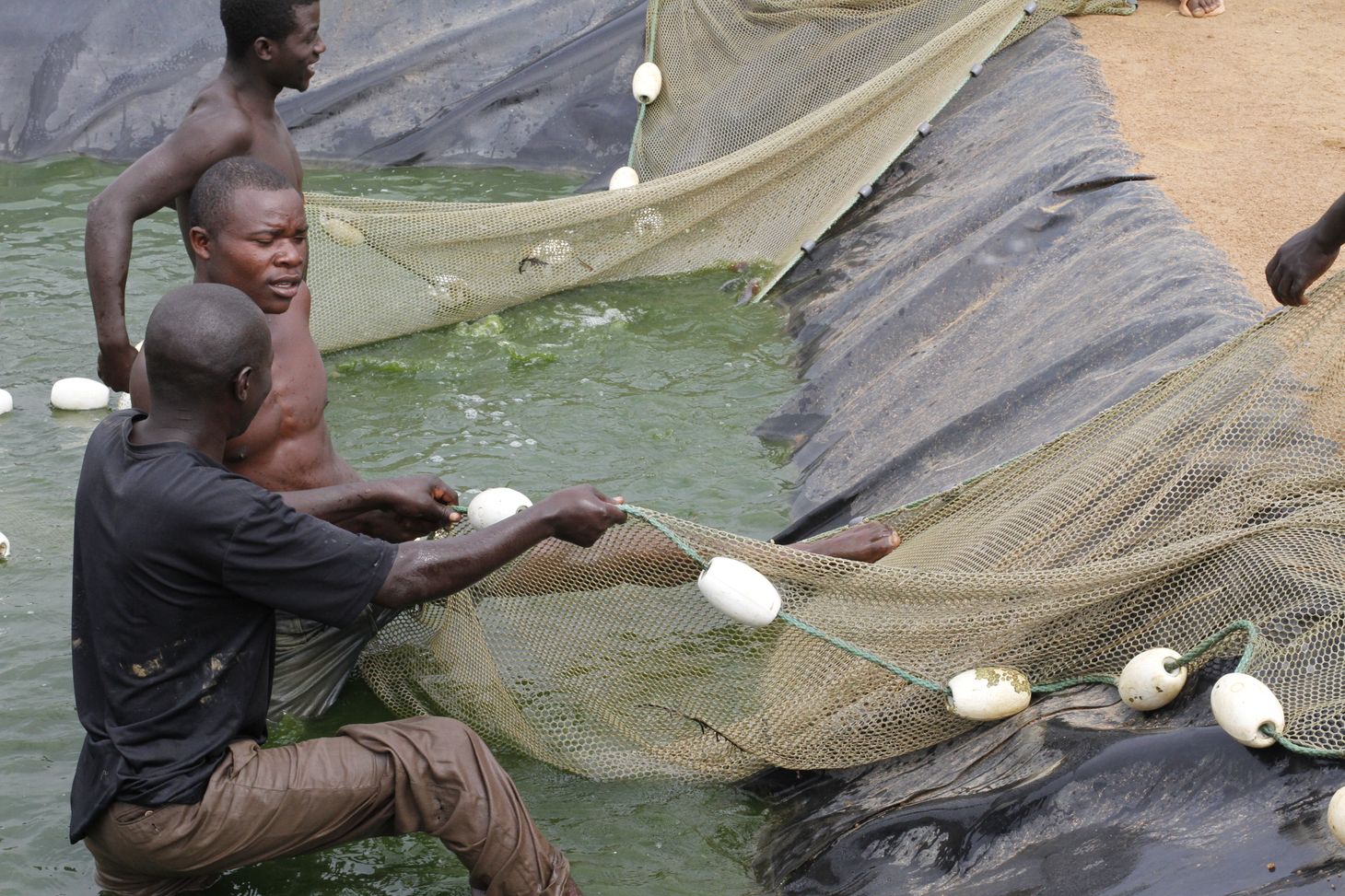Ingenuity in Africa Is Alive and Well
We’ve finally arrived in Rwanda and settling in. In the first few days, I’ve been getting familiar with the fish farm, the business we’ve invested in so that the profits can fund the Rwanda child rescue home. The image is of the staff catching and moving fish from one pond to the another. My first [

We've finally arrived in Rwanda and settling in. In the first few days, I've been getting familiar with the fish farm, the business we've invested in so that the profits can fund the Rwanda child rescue home. The image is of the staff catching and moving fish from one pond to the another. My first observation? Ingenuity in Africa is alive and well.
When it comes to innovation, the typical approach is to use money (VC's, angel investors,, friends & family, etc) to launch a business. In the case of Rwanda, the cost of materials (e.g. something as simple as PVC pipe for a fish farm) is prohibitively expensive. Innovators here use whatever that can lay their hands on to create amazing solutions. Its human ingenuity at its best.
How would you execute your best idea if money wasn't available?
Phil McKinney
Where some innovators use the lack of money as an excuse to not execute their idea, the innovators here in Africa, they don't let money stand in their way.
How would you execute your best idea if money wasn't available?




